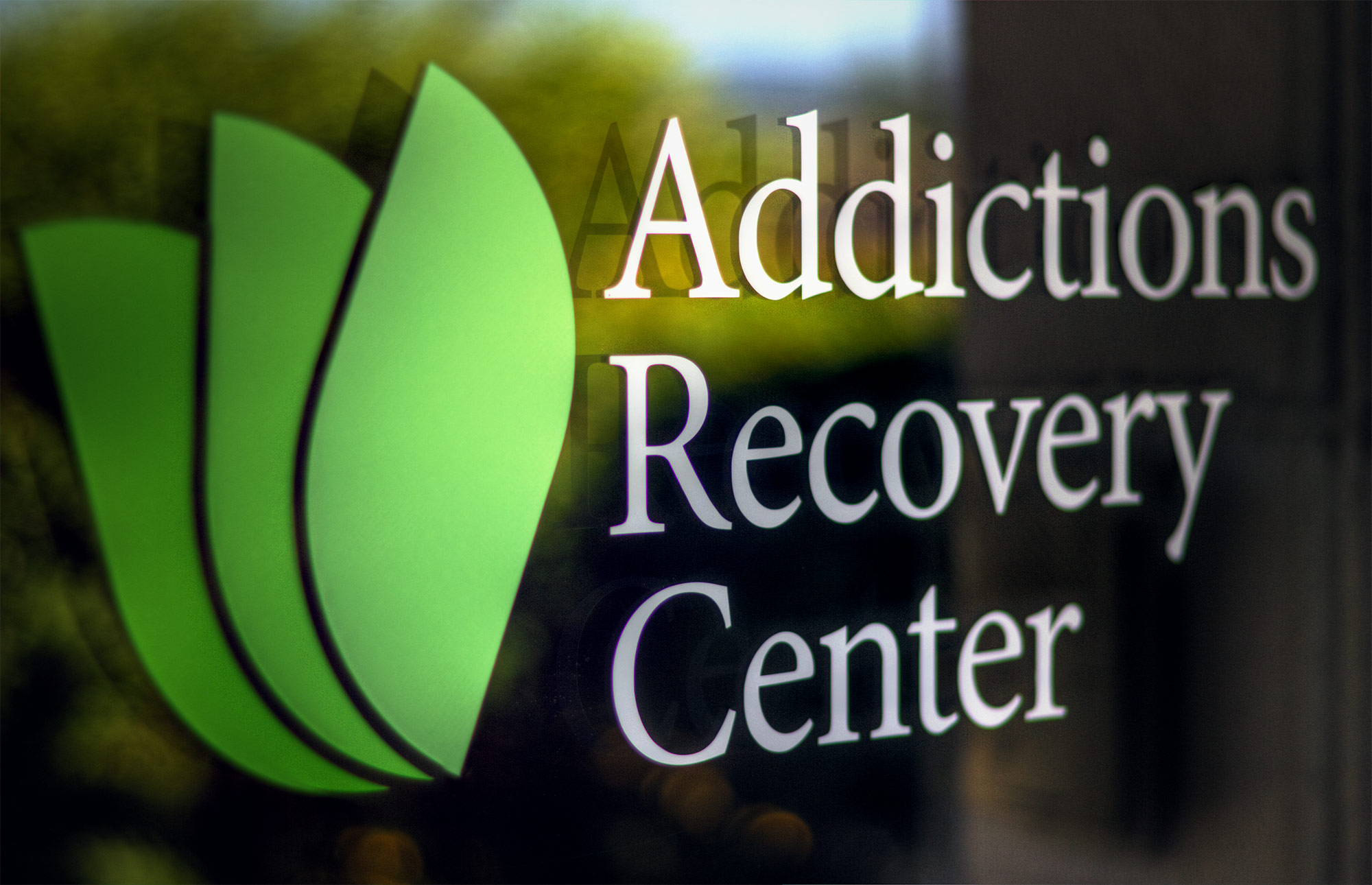Discover Effective Therapies at a Recognized Addiction Treatment Center
Discover Effective Therapies at a Recognized Addiction Treatment Center
Blog Article
Browsing the Trip of Detoxing in the Comprehensive Addiction Therapy Program
Starting the course of cleansing within the framework of an extensive dependency therapy program is an essential phase in the journey towards recuperation. The procedure of cleansing holds a significant duty in breaking the physical reliance on materials and preparing the individual for the subsequent phases of treatment. Browsing through cleansing is not just a matter of physical cleansing; it involves a complicated interaction of emotional, emotional, and social factors that call for careful factor to consider and support. As individuals come to grips with the obstacles of withdrawal signs and the uncertainties that exist ahead, having a robust assistance and an organized strategy system in position comes to be paramount. In this conversation, we will certainly check out the multifaceted facets of cleansing within the detailed dependency therapy program and lost light on the critical parts that form this transformative journey in the direction of healing.
Value of Cleansing in Healing

Cleansing establishes the structure for the remainder of the addiction therapy program by preparing the person for further treatment and therapy. By cleaning the body of materials that have actually been clouding judgment and affecting habits, detoxification allows people to approach their healing with a more clear mind and more powerful emphasis.
In addition, cleansing aids in handling the potentially extreme withdrawal signs and symptoms that may emerge when medicine or alcohol usage is stopped. Doctor carefully monitor individuals during detoxification to guarantee their safety and offer needed assistance. Through this process, people can begin their journey in the direction of soberness with a stabilized physical and mental state, raising the likelihood of a successful healing.
Comprehending the Detox Process
Detoxification, a basic component of dependency treatment programs, involves an organized procedure focused on securely getting rid of hazardous materials from the body to promote a successful recuperation journey. The detoxification process typically starts with an assessment to analyze the person's material usage background, physical health, and mental health. This evaluation helps medical care specialists figure out the most appropriate detox strategy customized to the individual's demands.
During detoxification, the body goes via withdrawal as it changes to the lack of the material. Withdrawal signs and symptoms differ depending upon the sort of material made use of, the duration of use, and private factors. Clinical supervision throughout detox is crucial to manage withdrawal symptoms and ensure the individual's security and comfort.

Handling Withdrawal Signs And Symptoms

Drugs may be used to minimize certain withdrawal symptoms and reduce pain. As an example, medications like methadone or buprenorphine can help handle opioid withdrawal signs, while benzodiazepines may be made use of for alcohol withdrawal. It is vital for medical care companies to carefully keep track of the person's reaction to these drugs to ensure their security and effectiveness.
Along with pharmacological interventions, helpful therapies such as counseling, peer assistance teams, and all check my blog natural techniques like mindfulness meditation or yoga exercise can aid people deal with the psychological and psychological challenges of withdrawal. By addressing withdrawal symptoms comprehensively, doctor can improve the detoxing experience and assistance people on their trip to recovery.

Assistance Solutions Throughout Detox
Support systems play a crucial role in giving social and emotional help to people going through cleansing in addiction treatment programs. During the detoxification process, people often experience an array of mental and physical withdrawal signs, making this phase tough - Addiction Treatment Center. Having a strong support group in position can substantially affect the individual's capacity to navigate through detoxification successfully
Support teams provide a platform for individuals to attach with others who are going through comparable experiences, offering a feeling of neighborhood and shared understanding. Medical care experts, including counselors, physicians, and therapists, play a critical function in checking the person's development, offering medical assistance, and providing advice throughout the detox procedure.
Looking Ahead: Life After Detox
Having actually effectively finished the detoxification phase, people in dependency therapy programs currently concentrate click here for more info on planning for the obstacles and chances that exist ahead in their trip in the direction of recuperation. Life after detoxification marks a critical change period where people need to continue to build on the development made throughout detoxification to preserve their sobriety. It is vital for individuals to acknowledge that the trip towards healing is ongoing and requires dedication, commitment, and a desire to welcome modification.
One secret element of life after detoxification is the advancement of dealing devices to handle triggers and desires that might occur. This may involve learning brand-new skills, such as mindfulness practices, cognitive-behavioral strategies, and tension monitoring techniques, to browse challenging situations without considering material use. Additionally, individuals are encouraged to proactively take part in continuous treatment, support system, and aftercare programs to strengthen their assistance network and receive assistance as they navigate the intricacies of life post-detox.
Conclusion
Comprehending the detoxification procedure and handling withdrawal symptoms are vital steps in the direction of healing. It is important to identify the value of detoxification in the process of getting rid of addiction and relocating towards a life of soberness.
Medical guidance throughout detox is essential to take care of withdrawal signs and symptoms and ensure the person's security and convenience.
By recognizing the detoxification process and its significance in damaging the cycle of dependency, individuals can begin on a course towards lasting recuperation.
Throughout the detoxification process, people typically experience a variety of emotional and physical withdrawal symptoms, making this stage difficult. Healthcare experts, including doctors, therapists, and specialists, play a vital function in keeping track of the person's progress, giving clinical assistance, and supplying guidance throughout the detox procedure.
Life after detox marks a crucial shift duration where people need to proceed to construct on the progress made during detox to keep their soberness.
Report this page